The Ministry of Finance said that according to the Law on Special Consumption Tax, this tax is only collected on gasoline of all kinds, not on oil. The special consumption tax rate for gasoline is 10%, E5 gasoline is 8% and E10 gasoline is 7%.
The Law on Special Consumption Tax also does not provide for tax reduction or exemption for taxable goods and services. Therefore, adjusting this tax rate is under the authority of the National Assembly .
The Ministry of Finance said it has submitted to the National Assembly a plan to reduce special consumption tax on gasoline and value-added tax on gasoline. However, in the report explaining the reception of the National Assembly Standing Committee assessing the implementation of the state budget in 2022 and the state budget estimate for 2023, it stated that the forecast trend of world crude oil prices in 2023 is lower than the previous year.
Along with that, with positive macroeconomic indicators, the National Assembly Standing Committee believes that designing a "backup" mechanism in managing gasoline prices through special consumption tax and value added tax is not really necessary.
This year, in addition to measures to regulate the domestic petroleum market, there is still room to use environmental protection tax tools, so the National Assembly Standing Committee has asked the National Assembly for permission not to add this content.
Based on the response of the National Assembly Standing Committee, the Ministry of Finance reported to the Prime Minister for permission to stop the construction of the National Assembly's resolution project on reducing special consumption tax on gasoline and value added tax on gasoline.
At the same time, the Ministry also submitted to the Government and the National Assembly Standing Committee to issue a resolution on environmental protection tax rates for gasoline, oil, and grease for 2023, with gasoline (except ethanol) at VND2,000/liter, and jet fuel and diesel at VND1,000/liter.
Regarding the proposal to remove special consumption tax on gasoline, the Ministry of Finance said that this is a tax collected on goods and services that the State does not encourage consumption, or that require economical consumption and income regulation (cars, airplanes, yachts, etc.)
Meanwhile, gasoline is a fossil fuel, non-renewable, and needs to be used sparingly, so most countries collect special consumption tax on gasoline, for example: France, Germany, Italy, UK, Korea, Australia, Thailand, China, Cambodia, Laos.... In Vietnam, in the context of environmental pollution and climate change being global issues, the Government's commitment at the COP26 Conference to achieve net emissions of "0" by 2050, along with other solutions, the current collection of special consumption tax on gasoline according to the Ministry of Finance is still appropriate, contributing to reducing emissions.
Regarding the stabilization of petroleum supply, the Ministry of Finance said that according to regulations, the Ministry of Industry and Trade is responsible for determining the oriented demand for the total petroleum source of the following year; assigning the minimum total petroleum source to serve domestic consumption for the whole year according to the type structure to each key trader; responsible for checking and ensuring the minimum total petroleum source of traders, ensuring to meet the needs of the economy and social consumption. Therefore, regarding the stabilization of petroleum supply, the Ministry of Industry and Trade is requested to be the agency in charge of state management of petroleum/.
Source link








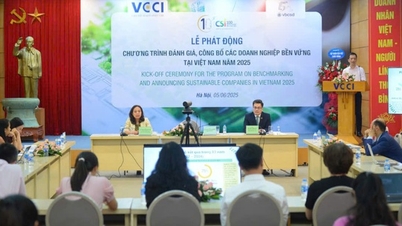

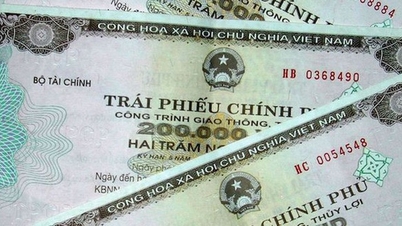
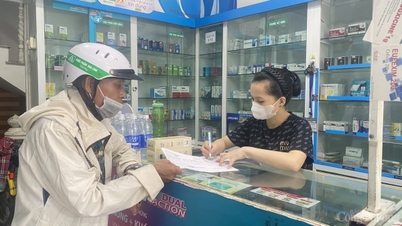


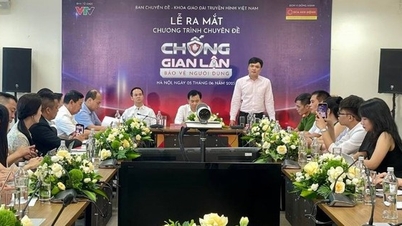
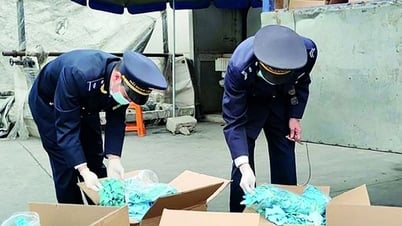





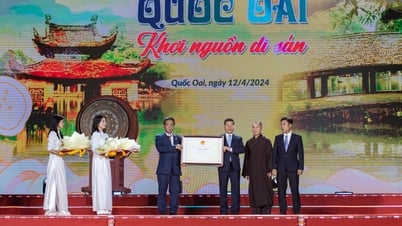

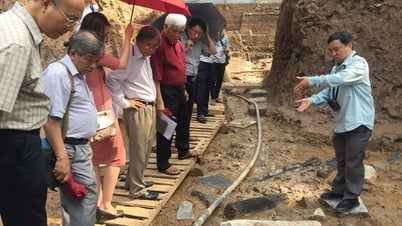







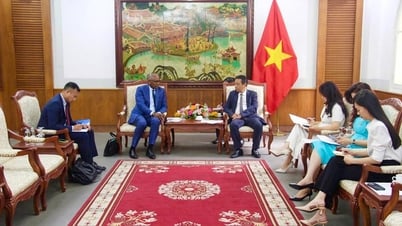





























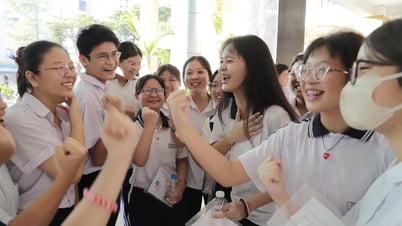

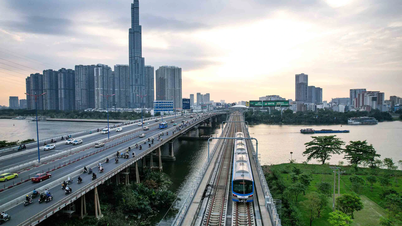


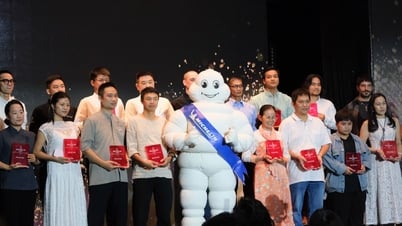
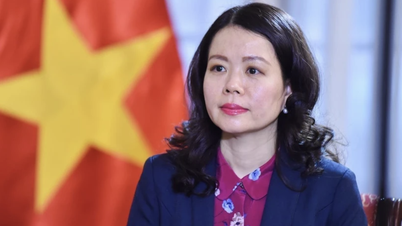










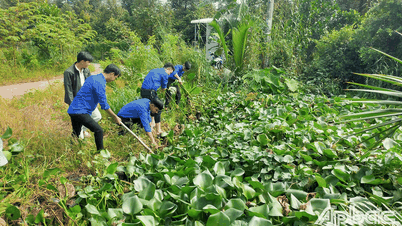

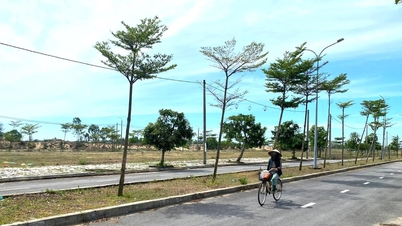

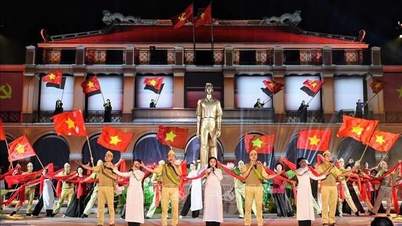


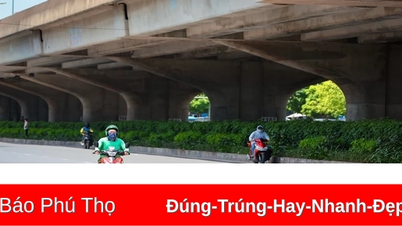












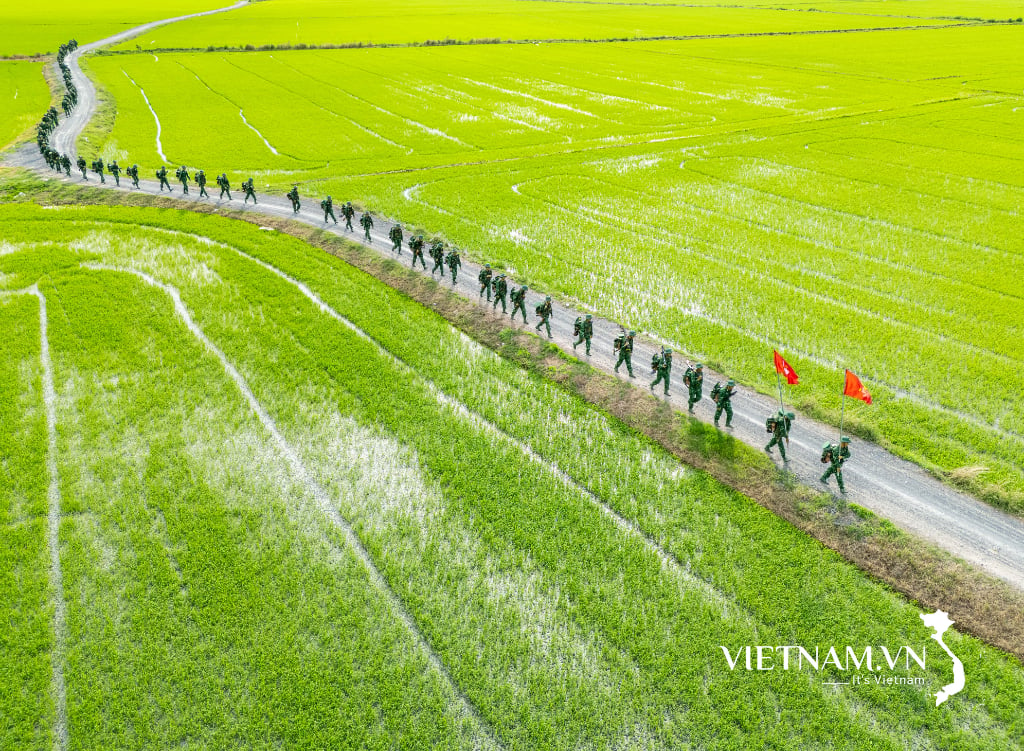

Comment (0)